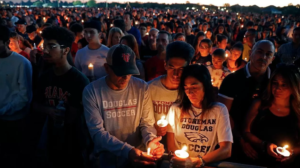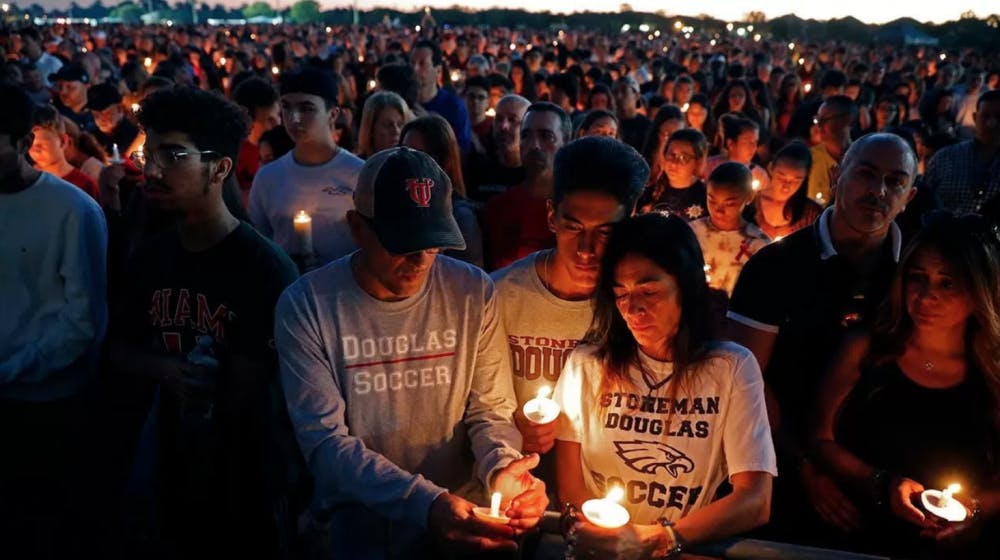By McKenna Samson
Correspondent
An active shooter invaded Marjory Stoneman Douglas High School in Parkland, Florida, claiming the lives of 17 teachers and students on Feb. 14. Following the shooting, several news outlets and major media networks published articles that sympathized with the shooter.

Action News anchor Matt O’Donnell tweeted, “An orphaned 19-year-old with a troubled past and an AR-15 rifle was charged with 17 counts of premeditated murder in Florida this morning.”
Why do media outlets paint a sympathetic picture of mass shooters after they terrorize innocent civilians?
This is far from the first time a mass shooter has been pitied in the media. This pattern of using mental illnesses and troubled childhoods to explain or excuse the actions of mass murderers is problematic.
Able-bodied people are more likely to feel sympathetic for those with disabilities, which could result in these pitying headlines, but it should be pointed out that many of these shooters don’t actually suffer from mental illnesses. Simply labeling all shooters as mentally ill further stigmatizes those with mental illnesses as “dangerous.” It should also be noted that when a crime is committed by a person of color, the mental illness narrative is rarely applied.
Mass shooters should be categorized as domestic terrorists since their actions instill fear in the general public. It seems when a mass shooter is a white male — which is a majority of the time — the media rushes to paint him as a victim of circumstance. The shooter should be seen for what he really is — a monster and terrorist. Any person who takes the life of an innocent person should never be viewed as a victim.
For many Americans, it’s difficult to identify someone who looks like them as a terrorist. Despite the awful crimes committed, there will always be pity for the white male shooter.
Some outlets have even blamed the victims for missing signs that the shooter was dangerous. This is not only extremely problematic, but deeply twisted.
Victim blaming sells a story of sympathy for the perpetrator rather than the victims and survivors, who should be shown overwhelming sympathy and support. This ongoing sympathetic narrative is dangerous for society, particularly people of color and those suffering from mental illnesses.
Students share opinions around campus









